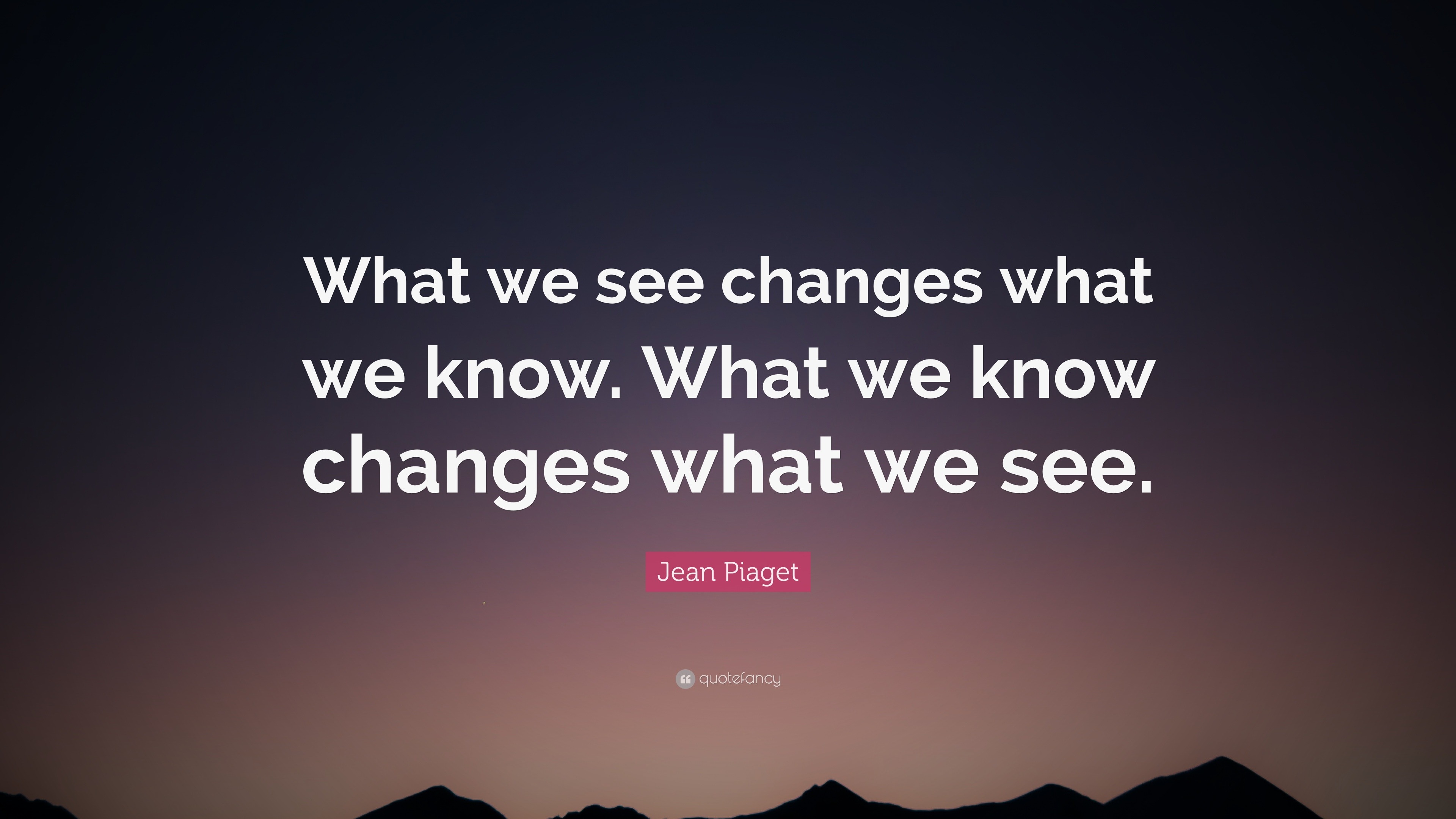The Architecture of Spectacle: A Multidisciplinary Analysis of the Psychology, Sociology, and Ontological Impact of Reality Television


Psychosociology is the study of how society and our minds intertwine, influencing our behaviour, beliefs, and interactions. But the theories behind it can often seem complex. In this article, we'll simplify the key theories in psychosociology, making them accessible and relevant to everyone.
Imagine you belong to a group—be it cultural, racial, or professional. Social Identity Theory suggests that we derive part of our identity from these groups. It helps explain why we feel pride in our identities and sometimes prejudice against others. Understanding this theory sheds light on group dynamics and intergroup relations.
Ever heard of "role models"? Social Cognitive Theory explores how we learn by observing others. It's the theory behind why kids imitate their parents and why advertising uses influential figures. This theory highlights the importance of media, observation, and social learning in shaping our actions.
▶️(1m02s)"What is Self-Efficacy? Social Cognitive Theory
In any relationship, there's an exchange happening—whether it's love, support, or resources. Social Exchange Theory asserts that we seek relationships where the benefits outweigh the costs. It's a fundamental theory for understanding human relationships and why we make the choices we do.
| Simplified Social Theories: Unlocking the World of Social Exchange Theory. Source. |
Ever seen a group make poor decisions because they avoid conflict? That's Groupthink. This theory explains why groups sometimes prioritize harmony over critical thinking. Recognizing Groupthink helps us make better group decisions and encourage diverse perspectives.
Ever notice how your language changes when you're with different people? Communication Accommodation Theory delves into this phenomenon. It's about adapting your communication style to connect better with others. Understanding this theory enhances our ability to navigate diverse social settings.
 |
| Source. |
Social Network Theory examines the web of connections between people. It's not just about Facebook; it's about how relationships impact our lives. This theory helps us grasp the influence of social networks on our health, career, and happiness.
 |
| Source. |
Psychosociology might sound daunting, but at its core, it's about understanding why we do what we do in the social world. By simplifying key theories like Social Identity, Social Cognitive, Social Exchange, Groupthink, Communication Accommodation, and Social Network, we empower ourselves to navigate our complex society with more insight.
Ready to explore more about the fascinating world of psychosociology and human behaviour? Dive into our related articles for deeper insights and practical applications. Join us on a journey of understanding, empathy, and personal growth. Keep exploring!
Comments